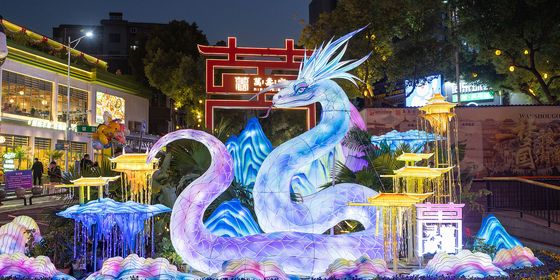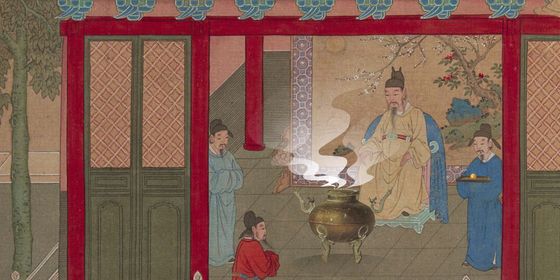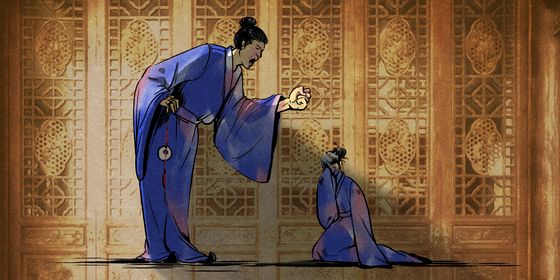Wenyi qingnian: Are they the depoliticized remnants of the 80s youth movement, or just pretentious?
You see them around China’s first tier cities: young, often fashionable but sometimes decidedly anti-fashion, lounging in cafes, tapping away on their mobile devices, perhaps strumming a guitar. They are not so engrossed in the online world as the “otaku” youth who become lost in the byzantine subcultures of anime and online games, eventually losing their ability to socialize with the opposite sex, nor are they quite as reviled as the tuhao nouveau riche—although they too are criticized when attempts at sophistication go awry.
They are the wenyi qingnian (文艺青年), or cultured youth. Some have called them the Chinese hipster, and like its Western counterpart, it can be used as a slur, but in China it really depends who you ask. Everybody and nobody knows how to define them, but they are most certainly a modern subculture—or perhaps the resurrected, depoliticized version of an older one.
They are into literature, poetry, and music. They strive to be different. They are trendy, possibly environmentally conscious.They occasionally embrace the label, but are often hesitant about doing so. Part of the reason is that the term has become so overused that a backlash was bound to occur. After all, if you go around calling yourself a “cultured youth” don’t be surprised when the oh-so-Chinglishy-but-ironically- hip term “zhuangbility”, which has a similar meaning to poser/pretender, gets leveled at you.
But despite the surface similarities, there are some significant differences between wenyi qingnian, or wenqing (文青), and the hipsters of the West.
When asked how to define wenqing, one 22-year-old Chinese student, who likes to go by her Japanese name Yuki, said the term is used so broadly that it covers a variety of niche groups. “You can use the word in many ways. It can be negative, sure. You can use it to describe a guy who plays guitar but is mostly doing it to get girls,” she said, adding that it is also used to describe people who are genuinely interested in the latest cultural trends.
She pointed out similarities with a previous youth movement—the wenxue qingnian (文学青年). These were the literary youth of the 1980s who became enamored with poetry. Some of them went on to debate the philosophies of liberalism and communism.












